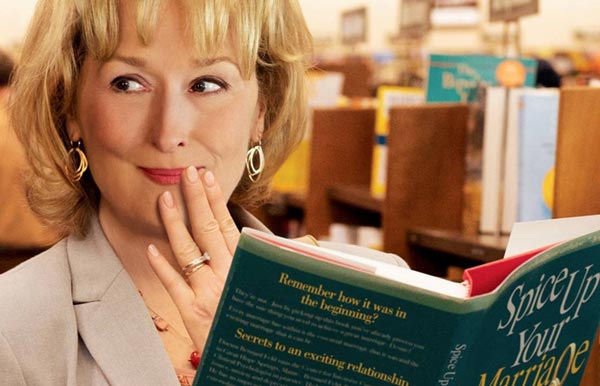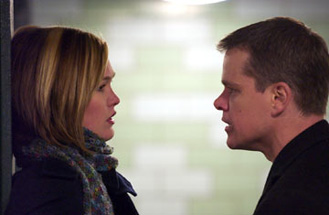
 Author: John Eldredge, 2013 (FaithWords)
Author: John Eldredge, 2013 (FaithWords)"What is Christianity supposed to do to a person?" asks John Eldredge in the opening chapter of his brand new book, "The Utter Relief of Holiness" (p.7). He doesn't wait long to give us the answer: "restore him as a human being" (p.12). In this way, Eldredge taps into our innate desire for wholeness, for restoration. The weight of our brokenness and sin brings us down and stifles our joy. But then he combines wholeness and holiness, linking them inextricably together. Most of us don't spend much time thinking about holiness, partly because it seems a hopeless ideal, but in his Edlredge's view this limits our restoration. Toward the end of this grand opening chapter, he says:
Ask the anorexic young girl how she would feel if she simply no longer struggled with food, diet, exercise -- if she simply never even gave it another thought. Ask the man consumed with jealousy how he would feel if woke one day to discover that all he once felt jealous over was simply gone. Ask the raging person what it would be like to be free of rage or the alcoholic what it would be like to be completely free from addiction. Take the things you struggle with and ask yourself, 'What would life be like if I never struggled with his again?" It would be an utter relief. An absolute relief. (p. 18)This utter relief is tied to utter holiness, as he goes on to explain.
While the first chapter is a great hook, the next three chapters in the first half tend to drag a little. But just when I thought this book might be a snoozer, Eldredge jerked me awake with a one-page chapter that had a set of key questions. This chapter is worth the price of the book:
What are you repenting of? I mean, right now, this week, what is it that you are repenting of these days? If you don't have a ready answer, how can you be taking holiness seriously? (p.63)This series of questions stopped me dead in my reading tracks. If I am not actively repenting of something, I am not repenting, and either have not sinned and so don't need repentance (not true) or am wallowing in my sin and ignoring holiness. If the latter, then I am certainly not moving towards wholeness.
This chapter turns the corner, and the second half of the book describes the way to holiness. Eldredge does a fine job, now that he has the reader's attention, of showing what God has done for us, using Scripture heavily throughout. Indeed, it is almost a mini-theology at some points.
Two points stand out from this compelling second half. The first is that we can choose holiness: "What God did for you and in you through Jesus Christ gives you an option" (p.110). He reinforces this point: "The Big Lie of sin is that it is inevitable. . . . Now we have an option" (p.120).
The second point is one we all innately experience: sin has worked its way into our lives, forming beachheads and strongholds. We all have our own stubborn sins, our strangleholds, our idols. But with Jesus, we have the option to fight sin. But as he says, "You will have to give up precious idols, and that is almost always painful" (p.153).
"Utter Relief" is a thin book. At 180 pages not including the appendix, it is a very fast read. But its thickness belies its depth. It provides not only pensive thoughts on wholeness and holiness, but practical theology on what to do. No self-help book though, this is firmly centered on Jesus. Indeed, it offers a couple of prayers that could and probably should form the basis for our own daily prayer. Eldredge, noted for his bestseller "Wild at Heart," has penned another classic here. We may be wild at heart, but with our new heart given to us by God in Jesus, we can become whole and holy: what an utter relief!
Disclosure of Material Connection: I received one or more of the products or services mentioned above for free in hope that I would mention it on my blog. Regardless, I only recommend products or services I use personally and believe will be good for my readers. I am disclosing this in accordance with the Federal Trade Commission's 16 CFR, Part 255: "Guides Concerning the Use of Endorsements and Testimonials in Advertising.




















